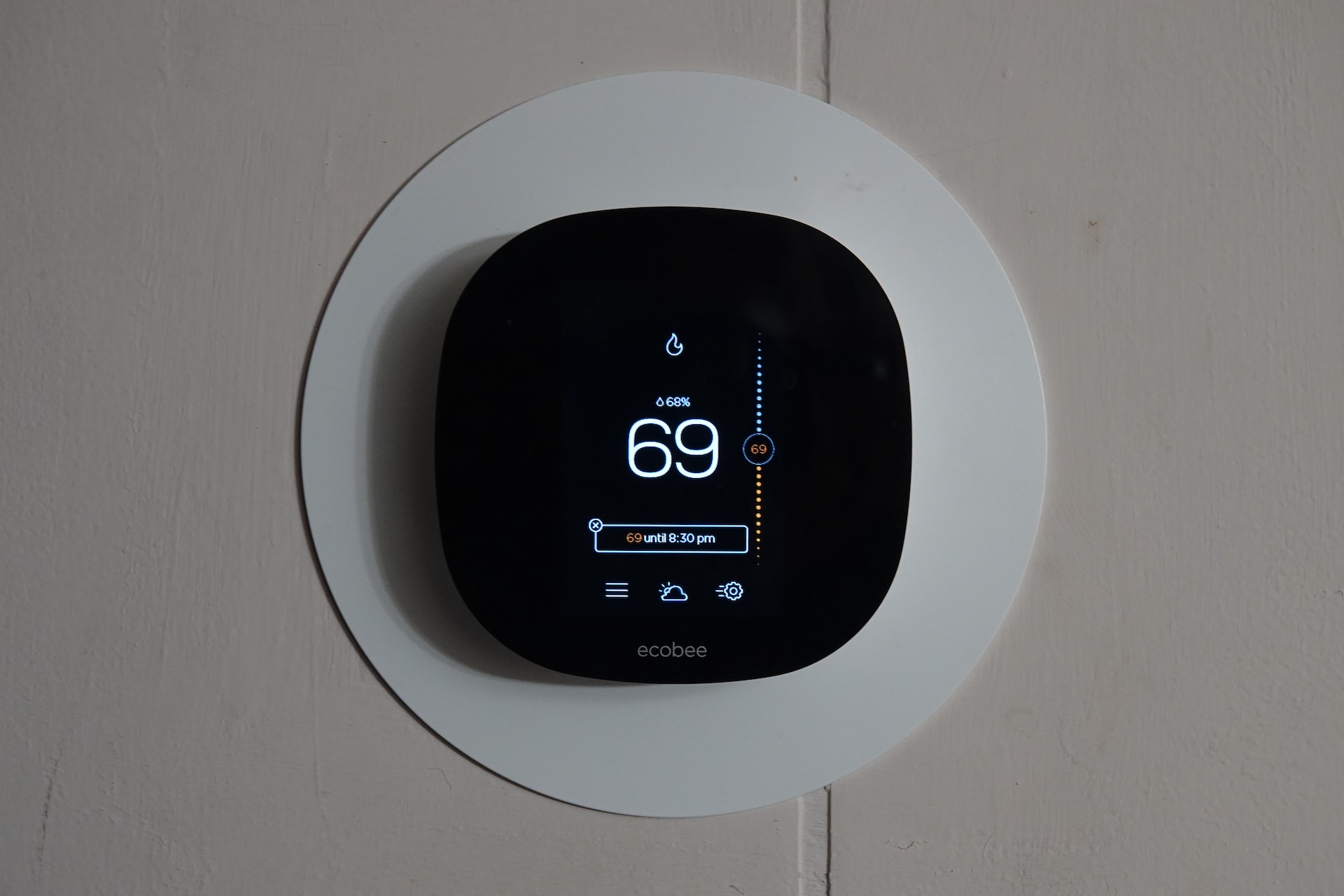- Simple, low-cost measures can improve heating system performance and reduce winter energy bills.
- Start with a heating system inspection and continue with regular maintenance and duct sealing.
- Weatherize the building envelope and check for proper insulation levels.
- Duke Energy has many incentives for energy efficient HVAC equipment. Learn more here.
Space heating accounts for 35 percent of the total energy used in commercial buildings, according to the U.S. Department of Energy. If you’re concerned about winter heating bills, take a step back and consider these simple, low-cost measures that can improve heating system performance, save money, and increase building comfort.
- Get a tune up. Before the start of the heating season, have your system cleaned and inspected by a qualified professional to make sure all parts are operating properly. No matter what type of heating system you use—furnace, boiler, or heat pump—a checkup will ensure more efficient operation and reduce maintenance costs.
- Change filters. Check all air filters and replace them regularly throughout the heating season. Dirty or clogged filters reduce air flow, increasing the energy required for heating.
- Clear vents. Make sure air vents are free of obstructions, such as furniture and office equipment, to ensure that warm, conditioned air flows freely.
- Weatherize. Inspect doors and windows for worn or damaged caulk and weather stripping; repair or replace when necessary.
- Seal duct leaks. Examine accessible heating ductwork for leaks and seal with mastic tape. Leaky ducts allow up to 30 percent of the air moving through them to escape, wasting energy. Manual sealing can be time consuming and labor intensive. Advanced aerosol-based technology can seal your entire duct system, saving energy and improving occupant comfort.
- Take control. Install programmable thermostats to save energy by automatically adjusting building temperatures based on your operating schedule. You can save up to 3 percent on heating costs for every degree decrease in temperature over a 24-hour period.
- Check building insulation. Hire a qualified contractor to ensure that your insulation levels meet or exceed those recommended in ASHRAE 90.1 Energy Standard for Buildings Except Low-Rise Residential Buildings. Poor insulation reduces heating system performance and building comfort.
Ready to take energy savings to another level? If your heating system is 15 years old or older, or in need of repair, consider replacing it with a new ENERGY STAR certified unit. ENERGY STAR qualified commercial HVAC equipment uses up to 10 percent less energy than standard units.
For many facilities, geothermal heat pumps can provide highly efficient, year-round comfort. Geothermal systems use the constant temperature of the ground to provide heating and cooling. Since they move heat rather than create it, geothermal heat pumps can provide heating efficiency of 300 percent or more.
From Duke Energy

